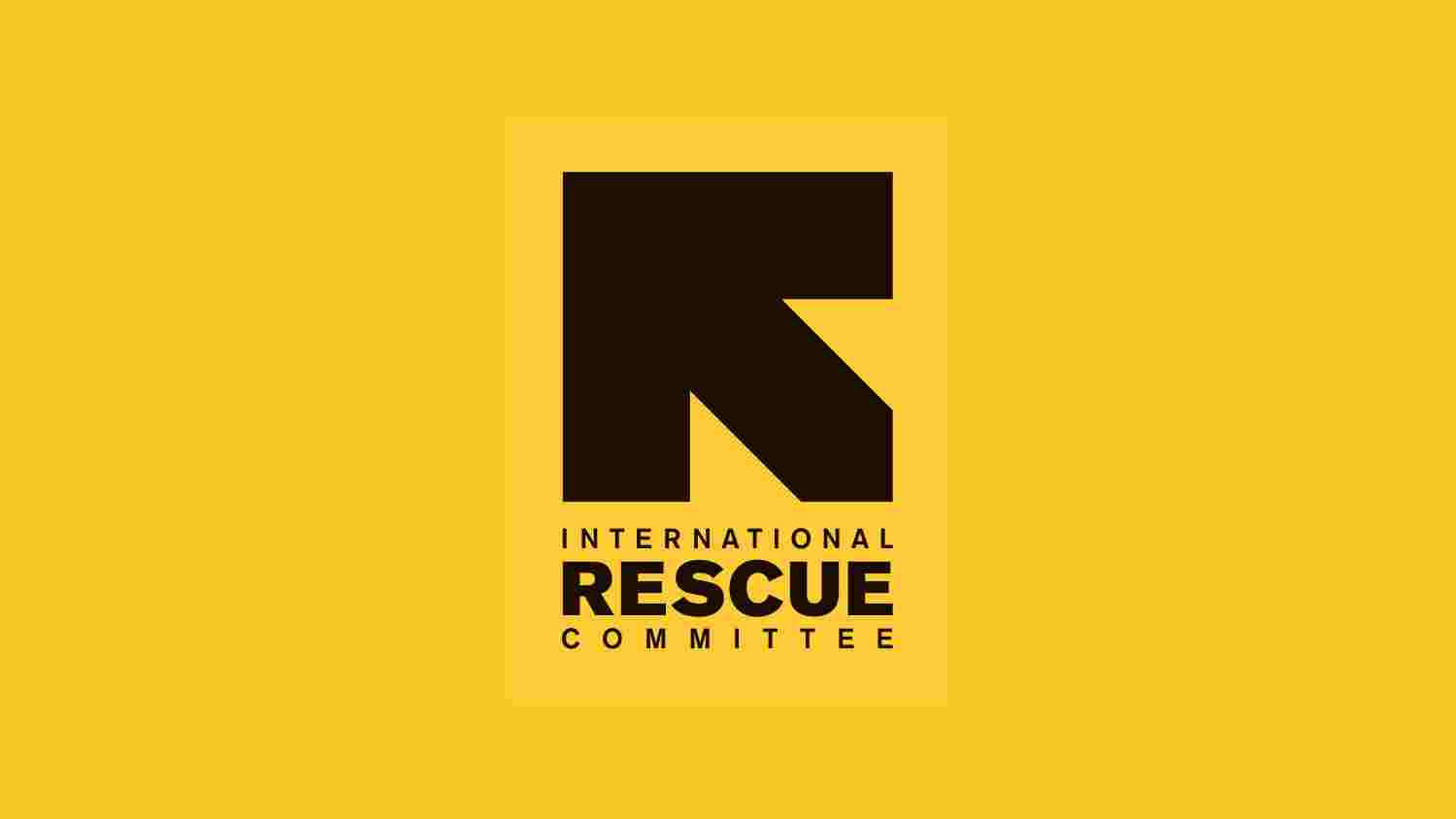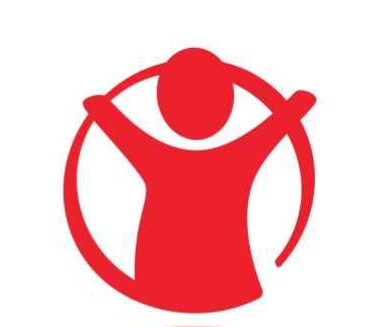CHILD SAFEGUARDING:
Level 3: the post holder will have contact with children and/or young people either frequently (e.g. once a week or more) or intensively (e.g. four days in one month or more or overnight) because they work country programs; or are visiting country programs; or because they are responsible for implementing the police checking/vetting process staff.
ROLE PURPOSE:
The Head of REALM (Research, Evaluation, Accountability, Learning and Monitoring) will provide leadership in research and evidence generation, with the aim of exchanging best research/evaluation practices within the region, maximising strategic evidence generation, providing technical oversight for high priority studies, and developing strategic partnerships with national and international research stakeholders.
SCOPE OF ROLE:
Reports to: Director of Programme Development, Quality and Advocacy
Staff reporting to this post: National MEAL Manager, Research and Knowledge Management Specialist, Consortium MEAL Managers (2), Humanitarian MEAL Coordinator and ECHO MEAL Coordinator.
Budget Responsibilities: Not a budget holder but the candidate will oversee all Research and MEAL budgets in awards
Coordinates with: Programme and Implementation teams
KEY AREAS OF ACCOUNTABILITY :
A: Strategic planning and learning
- Mapping out strategic evidence gaps and establish Afghanistan Country Office Learning Agenda
- Work with PDQ Director to develop a culture of learning that is driven by the Country Strategic Plan, initiatives, Program results frameworks, thematic/sector learning agendas.
- Support Country Office to ensure the Theory of Change is at the centre of building and utilising evidence to inform innovations, scale up interventions, partnership, and advocacy.
- Ensure evidence generated through programming and research initiatives is packaged for decision making, program strategy development, and learning, including contextual dynamics of resilience, gender, disability, ethnicity, and geographic remoteness.
- Network and develop strategic partnerships with national and international research institutions and Save the Children technical leadership in evidence building.
- Establish engaging forums for reflection, learning and evidence-sharing within the Country, Region and across CO teams.
B: Capacity Building for Evidence-Based Programming
- Build capacity of country office and partner teams to generate and use evidence in program design and project cycle management.
- Work with staff and line managers to identify and support application of new skills, incorporating into ongoing work plans, supportive supervision, mentoring, and program implementation
- Identify opportunities to leverage external engagement of research institutions, consultancies, SC Technical Assistance, and the global Analytic Capacity Initiative towards capacity building priorities.
- Identify learning and training needs for MEAL staff and support in capacity building and mentoring initiatives for the humanitarian team. Ensure that staff have a comprehensive understanding on the MEALiE approaches.
- Support implementation of the SCI MEAL in Emergencies capacity development approaches to enhance real-time delivery of objectives.
C: Knowledge Management
- Support the PDQ unit in establishing and rolling out Country Office knowledge management strategy and systems, with special attention to storing and sharing program experience, data, learning and results within a user-friendly structure
- Ensure a strong interface with regional and global Knowledge Management initiatives by supporting staff to contribute to and use global and regional Knowledge Management guidelines and platforms.
- Support documentation of the CO program by sharing learnings nationally, at Regional and internal platforms.
- Support thematic Technical Advisors/Specialists in the collection, storage and utilization of external evidence and research, including trends and reports, to inform program development and strategic direction of the CO.
D: Research and Evidence Building
- Provide input on proposal development to maximise strategic evidence generation against Afghanistan Country/Thematic Learning Agenda, through project evaluation/research design
- Ensure evidence generated through programming and research has advocacy & external engagement applications for the Country Office.
- Support projects and programs to develop reports and publications for advocacy that utilises new evidence.
- Gather and increase use of evidence (documents, studies, etc.) to advocate for replication and scale up of programs proven to be impactful for children, and lessons learned for programs.
- Oversee priority research initiatives, working with SC teams and researchers to ensure that evidence generation and evaluations are of high quality and produce valid, reliable, and relevant outcomes towards learning objectives.
- Collaborate with donors on request for research and studies on Aid Effectiveness.
E: Monitoring, Evaluation, Accountability and Learning (MEAL)
- Lead in strengthening MEAL systems in the country office to ensure a right fit for purpose to ensure compliance with SCI and donor requirements.
- Support the MEAL unit to embrace the MEAL sector trends, developments, and to adapt and promote introduction of new methodologies, innovations and best practices.
- Provide leadership in managing performance and professional development of the MEAL unit and develop team in line with strategy need.
- Lead internal capacity building for MEAL including the development and provision of trainings and mobilizing internal and external capacity-building opportunities.
F: Safeguarding.
- Demonstrate, promote and raise awareness of SCI Safeguarding policy and the Code of Good Conduct (among children, employees, partners, beneficiaries, etc.).
- Ensure Safeguarding risk assessment are done for all MEAL activities that involve children.
G: Planning, Budgeting and Reporting.
- Coordinate with Programme Development and Implementation Team for appropriate allocation of MEAL resources and budget in project reviews and annual plans.
- Provide day to day direct support to the Programme Implementation Team in preparation and reviewing of annual and quarterly project plans and reports, ensure that project reports meet donor and SCI reporting standards.
- Ensure timeline reporting on a monthly, quarterly and annual basis aligned to the Country Annual Reporting and other aligned reporting schedules.
- Oversee the MEAL budget utilization, and ensure timely implementation MEAL activities.
H: Communication and Networking.
- Create and sustain positive working relationships internally with other technical staff; externally with the authorities, partners, and other stakeholders, and also maintain an up to date understanding of key development trends in the project area.
- Representing the Save the Children International in various thematic coordination forums as may be requested by the PDQA Director.
- Any other duties emerge as CO priorities relevant to the position.
BEHAVIOURS (Values in Practice)
Accountability:
- holds self accountable for making decisions, managing resources efficiently, achieving and role modelling Save the Children values
- holds the team and partners accountable to deliver on their responsibilities - giving them the freedom to deliver in the best way they see fit, providing the necessary development to improve performance and applying appropriate consequences when results are not achieved.
Ambition:
- sets ambitious and challenging goals for themselves and their team, takes responsibility for their own personal development and encourages their team to do the same
- widely shares their personal vision for Save the Children, engages and motivates others
- future orientated, thinks strategically and on a global scale.
Collaboration:
- builds and maintains effective relationships, with their team, colleagues, Members and external partners and supporters
- values diversity, sees it as a source of competitive strength
- approachable, good listener, easy to talk to.
Creativity:
- develops and encourages new and innovative solutions
- willing to take disciplined risks.
Integrity:
- honest, encourages openness and transparency; demonstrates highest levels of integrity




